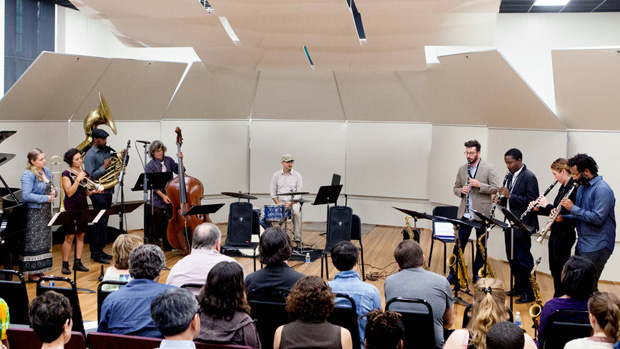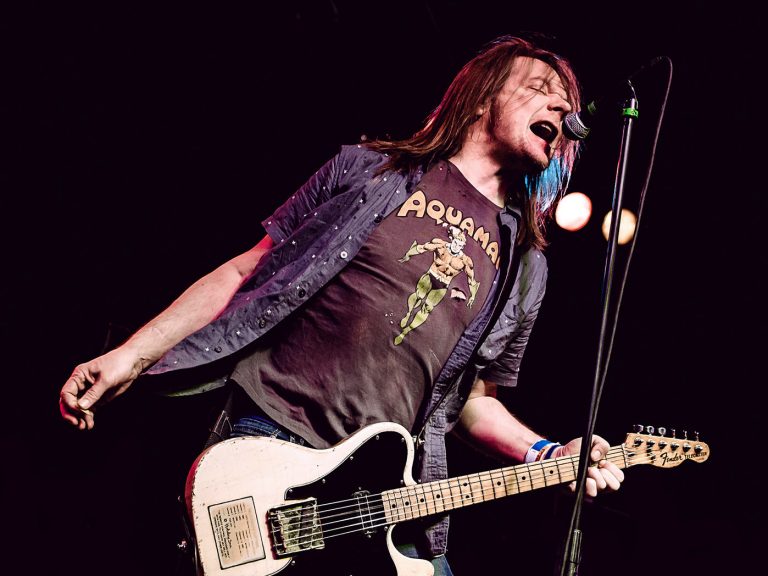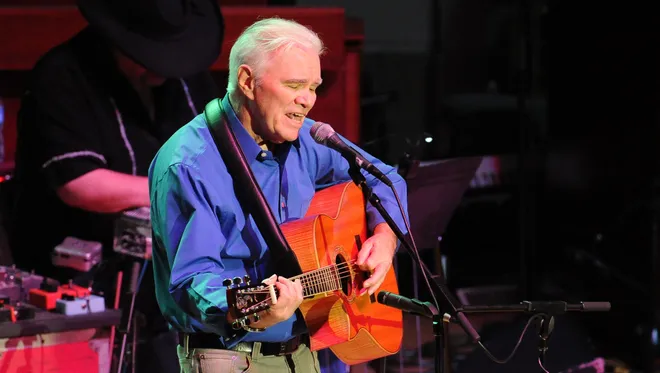
A fantastic 10-piece jazz ensemble, Skrontch Music, is playing in Oxford on Wednesday, March 4, at the Nutt Auditorium (University of Mississippi), sponsored by the Center for the Study of Southern Culture.

Skrontch Music is the ambitious debut recording by award-winning New Orleans-based composer and clarinetist/saxophonist Byron Asher. This five-movement, research-based suite for ten-piece ensemble explores the intertwined histories of New Orleans jazz and anti-Jim Crow activism during the early twentieth century. Skrontch Music juxtaposes contemporary composition with collective improvisation, archival recording sound collage, and excerpts from the 1896 Plessy v. Ferguson U.S. Supreme Court ruling. A contemporary investigation into the early jazz tradition, Skrontch Music highlights that the development of the music was itself a form of resistance to the racist Jim Crow regime.
The generative seed for this project came in 2014 from Asher’s desire to more deeply understand the socio-political roots of the traditional jazz that he was regularly performing. Research began with frequent trips to the Hogan Jazz Archive at Tulane University, where Asher combed through the oral history collection. Considering the archival findings in relationship to deep reading into the Reconstruction era, the rise of Jim Crow, and the attendant development of what scholar Clyde Woods terms “the blues epistemology” illuminated the underlying thesis of the project. Through an artist residency at Tulane University’s A Studio In The Woods in 2016, Asher drew upon this research to compose Skrontch Music. The composition was further informed by Asher concurrently conducting an oral history project with members of the elder generation of clarinetists working in New Orleans today, including Dr. Michael White and Charlie Gabriel of the Preservation Hall Jazz Band.
To record this album, Asher was joined in the studio by a diverse array of New Orleans’ top improvisers, including Singleton (Astral Project, Nolatet), Aurora Nealand (Tim Berne, Monocle), Shaye Cohn (Tuba Skinny), Ricardo Pascal (Marcus Roberts, New Orleans Jazz Orchestra), Oscar Rossignoli (Extended, John Boutte), Steve Glenn (NOJO, Panorama Jazz Band), Emily Frederickson (NOJO), Paul Thibodeaux (Magnetic Ear, Royal Roses), and Reagan Mitchell (UNC School of the Arts). Justin Peake (Articulated Works) contributed additional post-production sound collage work.
Asher made an intentional decision to assemble a multiracial, inter-generational, and multi-gendered ensemble of instrumentalists. It’s a true cross-section of the current creative music community in New Orleans. Asher explains: “I knew that asking free improvisers to play with straight-ahead virtuosos, and for them in turn to make space for traditional players was maybe asking a lot, but the number one thing everyone had in common was the size of their ears and their openness to each others’ expression. On this recording, it’s as if the ensemble developed a collective language unique to this particular piece of music.”
Skrontch Music borrows its name from a lesser-know swing era dance step, the Skrontch, which Duke Ellington featured in his show at the Cotton Club in the late 1930s. The lyrics to Duke’s 1938 recording of Skrontch instruct us: “Skrontch on the four beat/Skrontch then you repeat/Skrontch up on your toes/And then start to cover ground.” The emphasis on beat four propelled a dancer into the next measure of music, and like the step, Skrontch Music pauses in the here and now, looking back from where we came, and steps forward.




